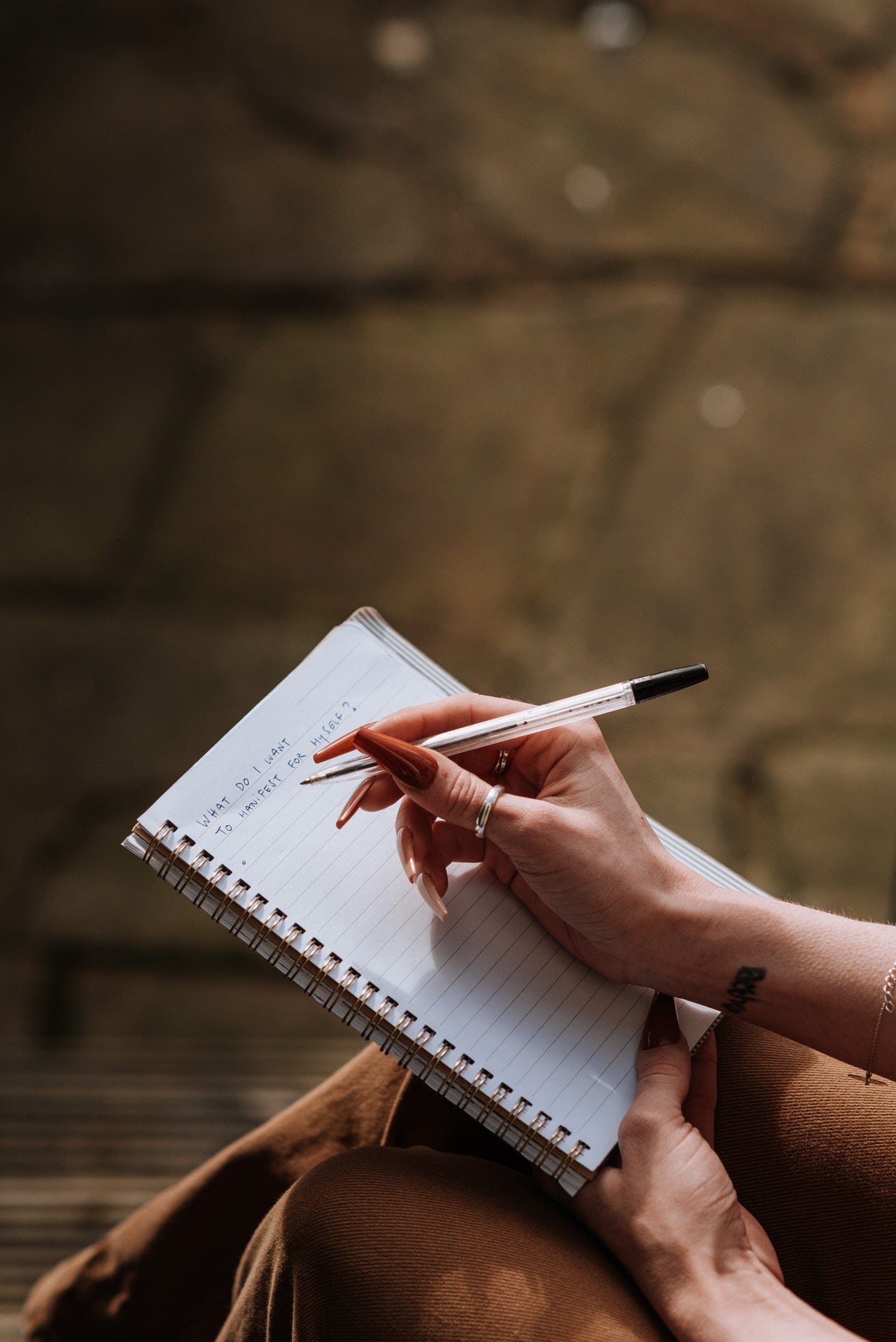Most people cringe at the thought of budgeting, but it is one of the most important things you can do for your financial health. In fact, without a budget in place, it can be very easy for your finances to spiral out of control. Not only that, but if you don’t budget properly, you could find yourself struggling to make ends meet each month. That’s why it’s so important to create and stick to a budget. In this blog post, we will discuss the basics of budgeting and provide tips on how to create and stick to a budget that works for you!
Table of Contents
What is Budgeting?
Budgeting is the process of tracking your income and expenses so that you can make informed decisions about how to use your money. When you budget, you are essentially creating a plan for your money. This plan will outline how much money you expect to earn each month and how much you expect to spend. By budgeting, you can ensure that your expenses do not exceed your income and that you have money saved for future emergencies.
How to Create a Budget
There are a few different ways that you can go about creating a budget. One way is to track your spending for a month and then use that information to create your budget. Another way is to sit down and estimate how much money you will need each month for expenses. Whichever method you choose, there are a few basic steps that you will need to follow:
- Start by estimating your total monthly income. This includes all of the money you earn from wages, tips, pensions, etc.
- Next, estimate your total monthly expenses. This includes everything from groceries and gas to utility bills and credit card payments.
- Subtract your estimated expenses from your income to determine how much wiggle room you have in your budget. If you end up with a negative number, then you are spending more than what is coming in each month! That means it’s time to cut back on some of your expenses.
- Finally, create a budget plan that outlines how you will use your remaining funds. This could include setting money aside for savings, budgeting for periodic expenses (like car repairs or holiday gifts), or creating a debt repayment plan.
Tips for Sticking to Your Budget
Once you have created a budget, it’s time to stick with it! Here are some tips for budgeting success:
- Track your spending. It’s important to know how much money you’re spending each month so that you can adjust your budget accordingly. Budgeting apps like Mint make it easy to track expenses, and many banks even offer this service for free on their website or mobile app.
- Make a budget and stick to it. This may sound like common sense, but if you want to be successful at budgeting, you need to actually follow your budget!
- Be realistic about your expenses. When creating your budget, don’t forget to factor in things like groceries, gas, and utilities. It’s important to be realistic about how much these expenses will cost each month so that you can budget accordingly!
- Have an emergency fund. Having a budget is great, but it’s also important to have money set aside for emergencies. This could include things like medical bills or car repairs. It’s recommended that everyone has at least three months’ worth of income saved in case of an emergency.
- Be patient. budgeting takes time and effort, but it’s worth it in the end! Stick with it and you will see results.
Reasons Why You Need a Budget
There are many reasons why budgeting is important.
Helps Control Your Spending:
When you budget, you are essentially creating a plan for your money. This will help to keep your spending in check and prevent you from overspending each month.
Helps with Debt Reduction:
If you have debt, budgeting can help you get it paid off faster. By budgeting for periodic expenses (like car repairs or holiday gifts), you can avoid going into debt for these things.
Saves Money in the Long Run:
Budgeting helps you to be more mindful about your spending and makes it easier to save money. When you have a budget, you are less likely to impulse buy or overspend on things that you don’t need.
Helps with Future Planning:
Budgeting is especially important when it comes to planning for the future. By budgeting your money, you can ensure that you have enough saved up for retirement or a rainy day fund.
Prepares you for emergency expenses:
It’s important to budget for things like medical bills or car repairs. This way when an unexpected expense comes up, you won’t be caught off guard.”
Budgeting is one of the most important things you can do for your financial health. By creating a budget and sticking to it, you can ensure that your expenses do not exceed your income and that you have money set aside for emergencies. Budgeting is also an excellent way to save money, pay off debt, or reach other financial goals. So what are you waiting for? Start budgeting today!



